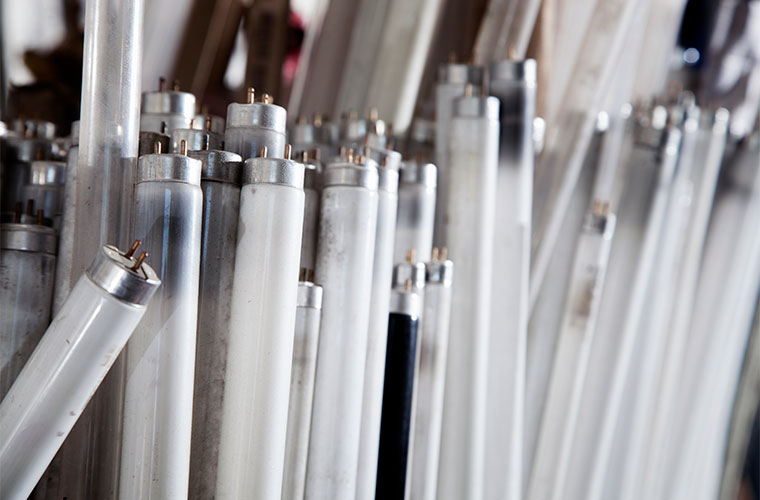Colorado’s House Bill 23-1161, called Environmental Standards For Appliances, passed the state’s Senate on May 1, and Governor Jared Polis has indicated he will sign it into law. The bill is a sweeping set of standards on shower heads, faucets, ventilating fans, air purifiers, electric vehicle supply equipment, gas fireplaces, and thermostats. It also contains a key provision about fluorescent light bulbs:
“On and after January 1, 2024, 2025, a person shall not manufacture, distribute, sell, or offer for sale in Colorado any new linear florescent lamp or compact fluorescent lamp. with a screw- or bayonet-type base; andOn and after January 1, 2025, a person shall not manufacture, distribute, sell, or offer for sale in Colorado any linear fluorescent lamp or any compact fluorescent lamp with a pin-type base.”
Colorado will become the third state in the U.S. to ban fluorescent bulbs. California passed its bill in September of 2022 , claiming the ban will create more than $1 billion a year in energy savings. On July 11 of 2022, Vermont became the first state to ban fluorescent bulbs, also claiming energy savings and the danger of having mercury in fluorescent bulbs.
Colorado’s bill was sponsored by two members of the state house and two members of the state senate. It passed the House last month by a 45-18 vote, with members of the House voting along party lines. It passed the Senate on May 1 with a 23-13 vote.
The bill contains language about enforcement of the ban, stating, “(the bill will) require the executive director to conduct periodic, unannounced inspections of major distributors or retailers, including online retailers, of new products to determine compliance and to report violations to the attorney general. Verify major retailers’ and distributors’ compliance with the prohibitions through online spot-checks, coordination with other states that have similar standards, or both. The executive director must deliver a report to the legislative committees of reference concerning the method and findings of the verifications, post the report on the department’s website, and report any findings of violations to the attorney general. If the attorney general has probable cause to believe that a violation occurred, the attorney general may bring a civil action on behalf of the state to seek the imposition of civil penalties, and any civil penalties are to be deposited in the energy fund.”
Tagged with lightED